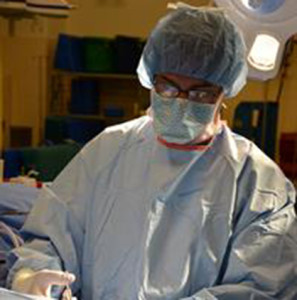Antibiotic Resistance and “Superbugs:” Greatest Threat For Human and Animals
Vets and Medical Experts Gather to Take Action Against Antimicrobial Resistance
Antibiotic resistance and the emergence of ‘superbugs’ is a global problem, and represents one of the greatest threats to both human and animal health. The World Health Organization (WHO) warns that unless urgent action is taken on the use of antibiotics in humans and animals, the world is heading for a post-antibiotic era, in which common infections and minor injuries can once again kill.
Dr Paula Parker, national president of the Australian Veterinary Association (AVA), attended an Antimicrobial Resistance Summit in Melbourne on June 29th where human and animal health experts discusses the actions that need to be taken in Australia to fight antibiotic resistance.
“The veterinary profession has long been proactive in working alongside human health experts to fight antibiotic resistance at every opportunity,” Dr Parker said.
In 2015, the Australian government released its first ever National Antimicrobial Resistance Strategy to guide our response to the threat of antibiotic misuse and resistance. Veterinarians were involved in the development of this strategy, which includes priorities for action relating to antibiotic use in animals.
“Australian veterinarians have judicious use guidelines in place that inform their use of antibiotics. These guidelines help to ensure we’re not overprescribing or misusing antibiotics. The AVA has also embarked on a three-year project in partnership with Animal Medicines Australia to develop best-practice antibiotic prescribing guidelines for horses and the main livestock species.”
“Australia is part of a select group of countries including Iceland, New Zealand, Sweden and Finland that have a low-level of use of antibiotics in animals compared with much of the rest of the world, and levels of important resistances are low. This is a great achievement, but we can’t stop there; it’s important that we continue to improve on what we’re doing to combat antimicrobial resistance.”
“The key for vets is to work with farmers and pet owners every day to prevent illness and disease in Australian animals by ensuring best practice infection prevention and control and providing nutritious diets, vaccinations, good husbandry, and stress-free environments.”
“The AVA is a proud supporter of the Antimicrobial Resistance Summit. Events like this that bring together experts in their respective fields allow us to continue to strengthen our fight against antibiotic resistance, which is increasing at a frightening pace.”
“Antibiotic resistance can affect anyone, at any age, in any country, and to help address this major global health threat, the AVA will continue to champion the responsible use of antibiotics in Australia,” Dr Parker said.











